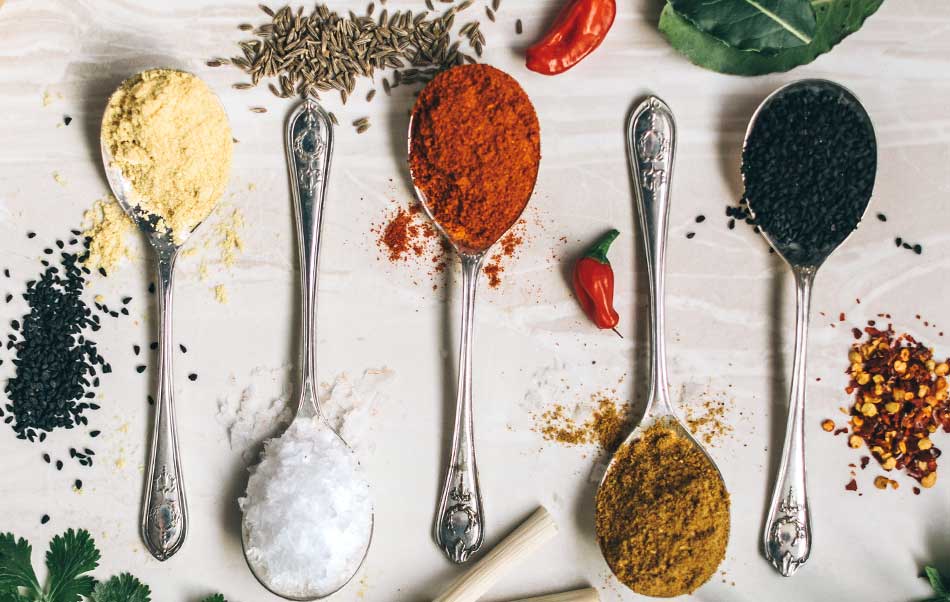What is a Tadka?
You might have seen the word ‘tadka’ in front of certain Indian dishes, such as Tadka Dal, but do you know what this actually means? It’s not so much as a dish name as a cooking process for spices.
When translated, the word tadka simply means tempering. For South Asian cooking, this means cooking the spices before adding to the dish to create a much more aromatic flavour. When spices are cooked, they release their essential oils therefore releasing more flavour.
This technique for cooking is found in Indian, Bangladeshi, Pakistani, and Sri Lankan cooking. There are also lots of different names for it including chounk, tarka, and bagar. In fact, our delicious Meals in Minutes dish is called Tarka Dal for this reason.
The spices are cooked in ghee, butter, or oil. Choosing the right oil for a tadka is very important. The spices need to be cooked at a high temperature in order to be able to release their oils. Therefore, you need an oil that can withstand these high temperatures without burning. As a result, don’t choose oil such as olive oil, which will burn and give an arid taste. If you can’t find ghee, coconut oil is a great alternative.
There are lots of different cooking utensils you can use to create a delicious tadka. There is a speciality dish, called tadka, which is small yet deep. This is to help stop the whole spices spitting out of the pan. If you don’t have a tadka, any deep dish or skillet will work well.
Choosing what spices are in your tadka will vary depending on region, culture, tradition, and also the end dish. Typically, a tadka will start with cumin and mustard seeds. It’s important to always add whole spices in first. The whole spices will require slightly more cooking. To know when your whole spices are done, the seeds will start to spit and jump around the pan. Based on instinct, you will also smell the aromas of the spices. From this basic tadka, you can add onion, garlic, chilli and more to experiment.
Adding the tadka to our main dish will depend on what you’re cooking. Sometimes, it’ll be the finishing touch at the end and sometimes it’ll be the base of your curry.


